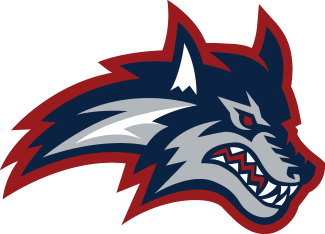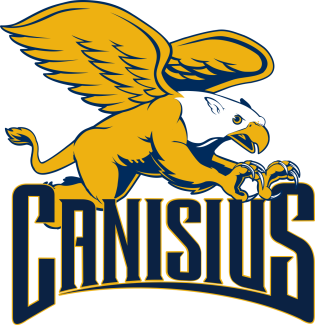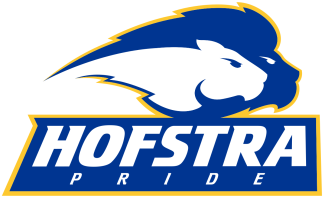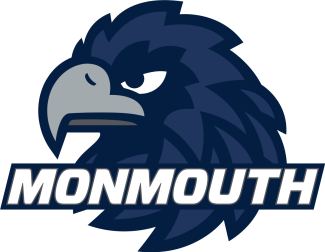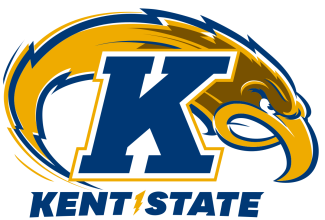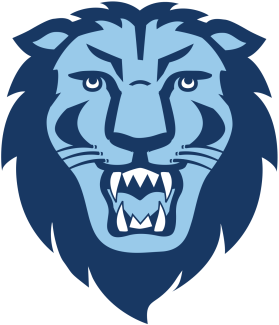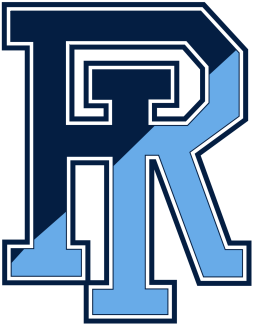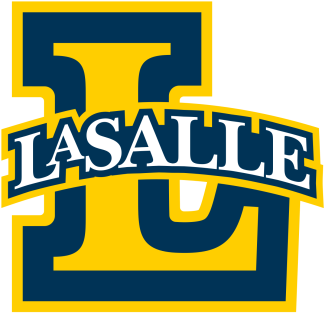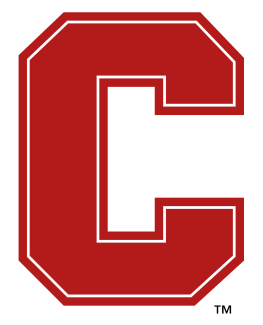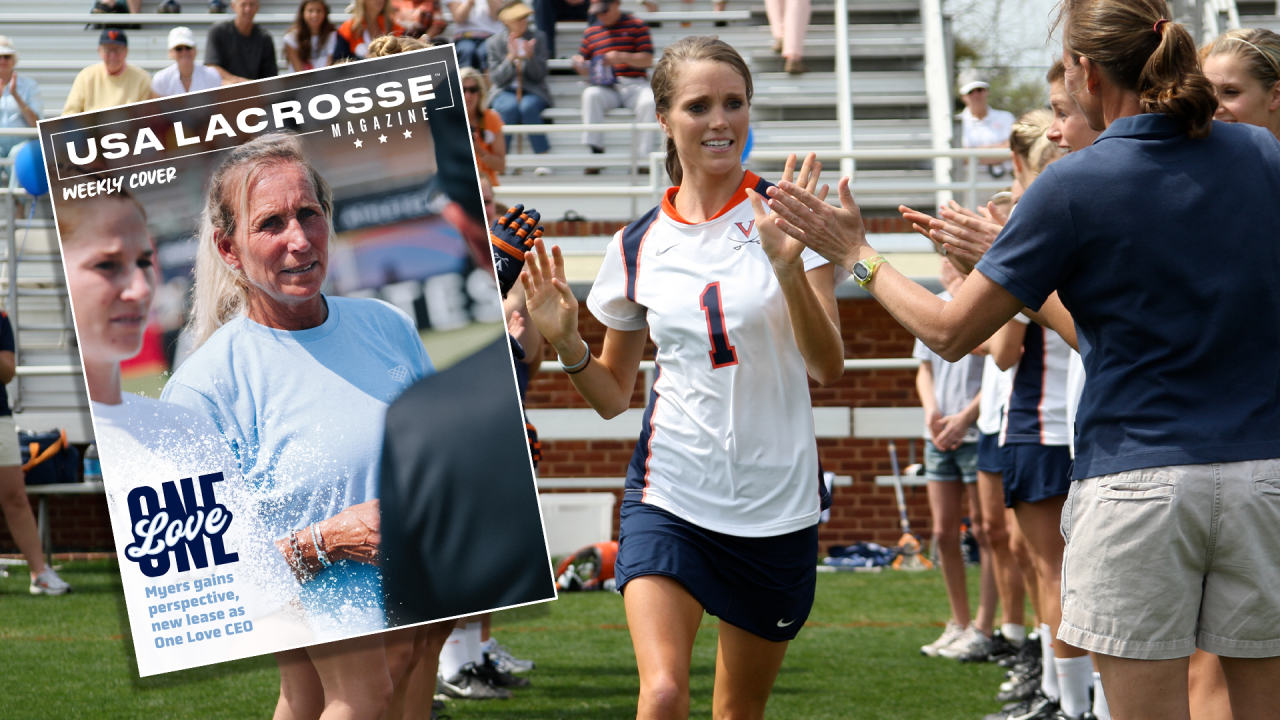STEPPING AWAY
It was another family that lured Myers away from her decades-long coaching career: Her own. She’s seen a lot of lacrosse games in her life. But she realized that she’s largely missed out on most of her children’s, including her son, Timmy, a freshman for the Virginia men’s team in 2023. (Her daughter, Kelsey, plays for Stanford. Myers saw her play when the two teams met in February 2023, but she could not make most other games.) So, when her youngest, Kevin, graduated high school, Myers had an epiphany.
“All these parents [of my players] would always say, ‘Thank you for being with our kids and not your own,’ and I’d be like, ‘What are you talking about?’” Myers said. “I didn’t realize what I was missing until I was sitting at graduations. ‘Oh, they enjoy this part of parenting.’ And I’m like, ‘If I wait, stick out coaching, and we all finish their lacrosse careers at the same time, what am I giving up?’”
She called Colleen Shearer, her longtime associate head coach who was by her side when UVA won the national championship in 2004 and lost Love in 2010. While you can chalk Myers’ quick step down from UVA and into the role as CEO of One Love up to happenstance, this call was the first of a domino effect — fated or not — that led to Act Two.
REMEMBERING YEARDLEY
Myers’ new role wouldn’t have been possible without an unspeakable tragedy, one that, to this day, she would trade her current job to erase.
Myers recruited Love out of Notre Dame Preparatory School in Towson, Md. (“What if we didn’t?” was a question Shearer says the two asked more than once about a half-decade later.) Love wore the No. 1, which seems appropriate considering the name of the foundation founded in her honor. Yet the roster number was always a bit of a misnomer to those who knew Love — those with context and perspective on her.
“On our last trip with her to the ACCs, she grabbed her bag, and the bus driver said, ‘Well, you must be really good if you’re No. 1,’” Myers said. “She was embarrassed. ‘No, I just like No. 1.’”
She also liked giving. Myers recalled her embrace of every chance to entertain little kids while babysitting and give away much of her earnings from a summer job in New York City to help homeless people.
“I watched her grow up until the morning the phone rang,” Myers said.
In a cruel twist of fate, the voice on the other line had news of a murder caused by anything but Love.
“The call was along the lines of, ‘There has been an accident with a lot of blood,’” Myers said. “I said, ‘Well, where can I find her? Where can I find Yeardley?’”
Myers figured it was a car accident. She quickly learned her door had been broken down, and she was attacked. They asked Myers if she knew of anyone who would want to hurt Yeardley. In a line that haunts her today, she mentioned that she “used to date a jerk.”
Myers thought they had broken up for good. Love planned to graduate and move on and away from him. Myers believed Love was in a good place looking toward the future while also focused on contributing to a UVA team set to play in the NCAA tournament.
All that went out the window on May 3.
“It was the longest day, the craziest day, “Myers said. “It was unfathomable. It still is, in so many ways, unreal that it actually happened.”
Myers delivered the eulogy to a standing-room-only crowd sans tears. Then life moved on and paused all at once. Sharon Love gave her blessing for the team to keep playing. UVA wore T-shirts that read, “One Team. One Heart. One Love.” in warm-ups and beat Towson, the team that played in Notre Dame Prep’s backyard, 14-12.
The season ended, and the roster shifted. Love’s classmates graduated like she should have. Freshmen arrived, having not gone through the trauma of losing a teammate to murder. The team and coaching staff had all processed the events to varying degrees, including not at all.
“I definitely remember feeling just numb, and I think we went through the motions,” Shearer said. “I feel bad saying that for the kids on the team, but there’s no way that Julie and I were at our best. We felt so sad. Some of that was just, ‘She was a young girl. How does that happen?’ Some of it was guilt over bringing her to Virginia, even though we know it wasn’t our fault, and not understanding what was going on.”
Hindsight is tempting. Context is important. The relationship happened in the late 2000s before #MeToo became a trending hashtag in 2017 (a movement that started in 2006 by survivor and activist Tarana Burke) and shined a necessary spotlight on relationship abuse. And it wasn’t until the late 2010s and early 2020s that high-profile athletes like Michael Phelps, Naomi Osaka and Simone Biles helped break down the stigma surrounding mental health in athletics (an effort that also gained traction during the COVID-19 pandemic).
One of the pitfalls of happening before these milestone societal moments that shook the system was the pressure to be strong and move along. The expectation that athletes and those who coach them should be strong enough to sacrifice and white-knuckle through anything didn’t help.
But someone’s life isn’t a game.






